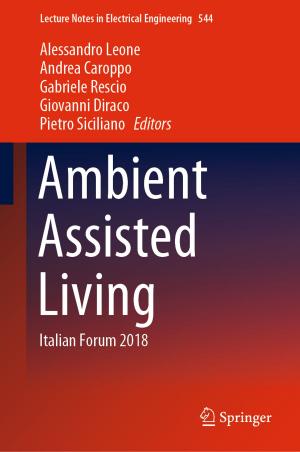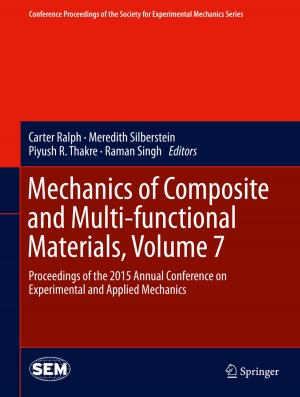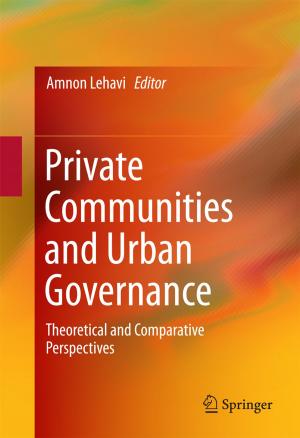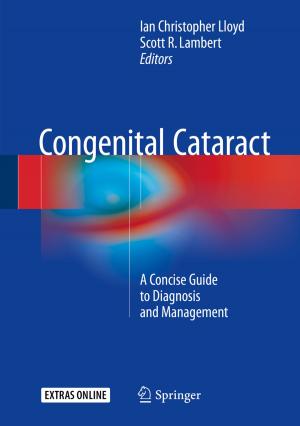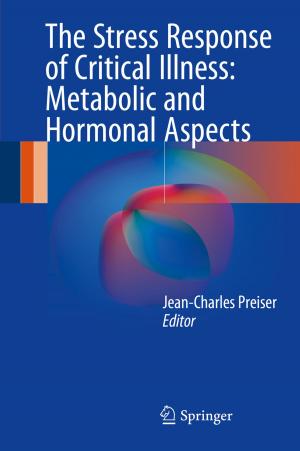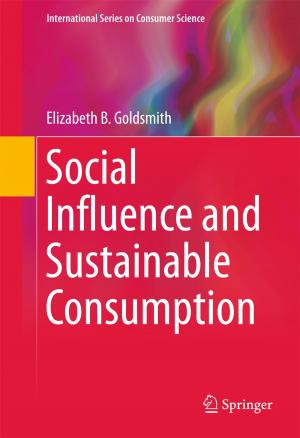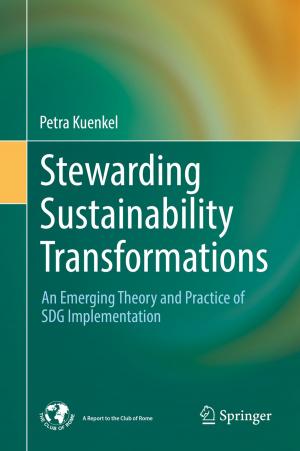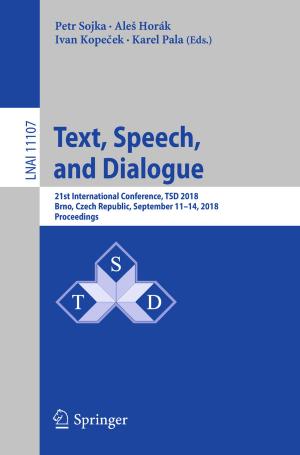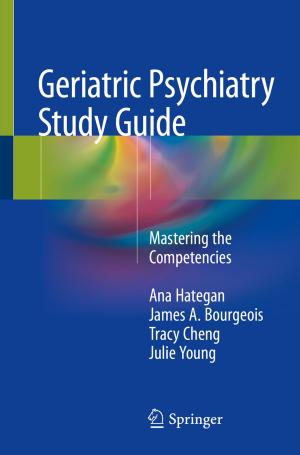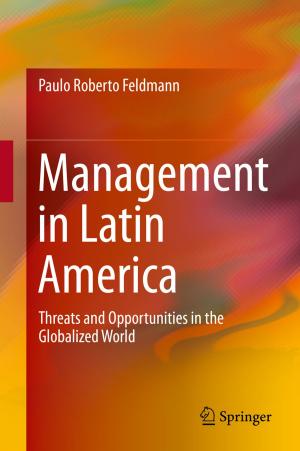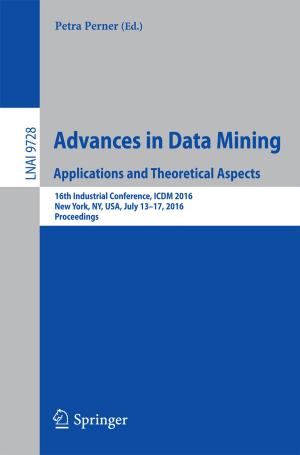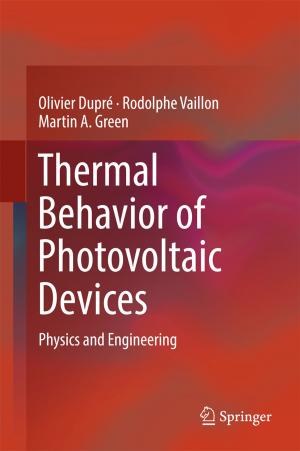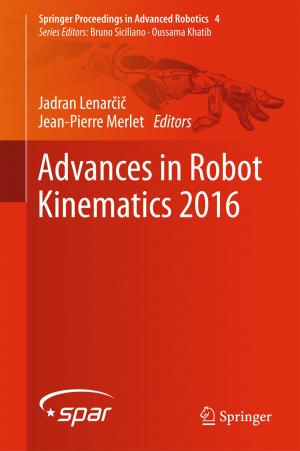Solid-Liquid Separation in the Mining Industry
Nonfiction, Science & Nature, Technology, Engineering, Mechanical, Computers, Advanced Computing, Computer Science| Author: | Fernando Concha A. | ISBN: | 9783319024844 |
| Publisher: | Springer International Publishing | Publication: | December 19, 2013 |
| Imprint: | Springer | Language: | English |
| Author: | Fernando Concha A. |
| ISBN: | 9783319024844 |
| Publisher: | Springer International Publishing |
| Publication: | December 19, 2013 |
| Imprint: | Springer |
| Language: | English |
This book covers virtually all of the engineering science and technological aspects of separating water from particulate solids in the mining industry. It starts with an introduction to the field of mineral processing and the importance of water in mineral concentrators. The consumption of water in the various stages of concentration is discussed, as is the necessity of recovering the majority of that water for recycling. The book presents the fundamentals under which processes of solid-liquid separation are studied, approaching mixtures of discrete finely divided solid particles in water as a basis for dealing with sedimentation in particulate systems. Suspensions, treated as continuous media, provide the basis of sedimentation, flows through porous media and filtration. The book also considers particle aggregations, and thickening is analyzed in depth. Lastly, two chapters cover the fundamentals and application of rheology and the transport of suspensions.
This work is suitable for researchers and professionals in laboratories and plants, and can also serve as additional reading for graduate courses on solid liquid separation as well as for advanced undergraduate and graduate level students for courses of fluid mechanics, solid-liquid separation, thickening, filtration and transport of suspensions in tubes and channels.
This book covers virtually all of the engineering science and technological aspects of separating water from particulate solids in the mining industry. It starts with an introduction to the field of mineral processing and the importance of water in mineral concentrators. The consumption of water in the various stages of concentration is discussed, as is the necessity of recovering the majority of that water for recycling. The book presents the fundamentals under which processes of solid-liquid separation are studied, approaching mixtures of discrete finely divided solid particles in water as a basis for dealing with sedimentation in particulate systems. Suspensions, treated as continuous media, provide the basis of sedimentation, flows through porous media and filtration. The book also considers particle aggregations, and thickening is analyzed in depth. Lastly, two chapters cover the fundamentals and application of rheology and the transport of suspensions.
This work is suitable for researchers and professionals in laboratories and plants, and can also serve as additional reading for graduate courses on solid liquid separation as well as for advanced undergraduate and graduate level students for courses of fluid mechanics, solid-liquid separation, thickening, filtration and transport of suspensions in tubes and channels.

